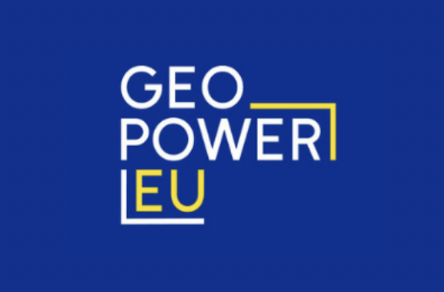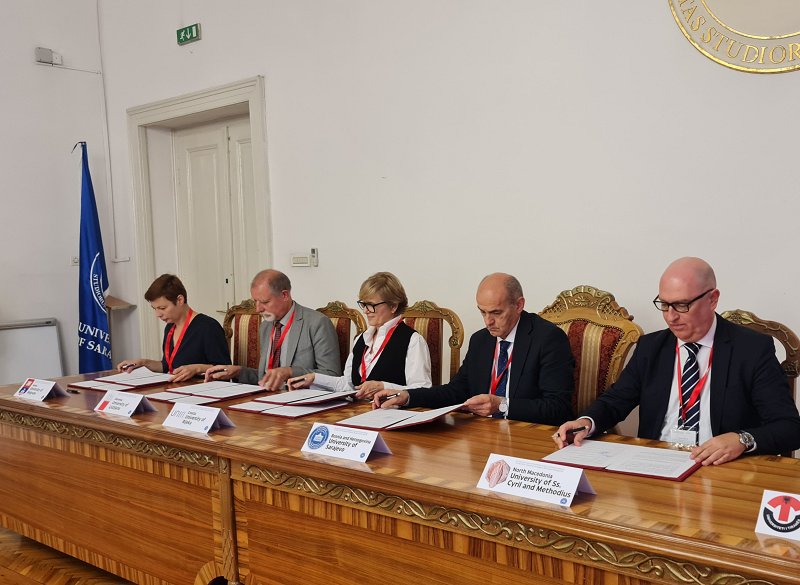Conference dates: October 8-9, 2018
Venue: Podgorica, Montenegro
Guest lecturers:
Wolfgang Merkel, Wissenschaftszentrum Berlin, Germany
Joakim Ekman, Södertörn University, Stockholm, Sweden
Zsolt Enyedi, Central European University, Budapest, Hungary
Daniele Conversi, University of the Basque Country and Ikerbasque, Spain
Daphne Halikiopoulou, University of Reading, Great Britain
Jelena Džankić, European University Institute, Florence, Italy
Rastko Močnik, University of Ljubljana, Slovenia
Nationalism in Europe seems to be alive and well. While numerous scholars previously argued that, in the era of intensified political globalization, it could no longer serve as an attractive political platform, recent political developments across the old continent suggest otherwise. Throughout Europe, right-wing populists−the key promoters of nationalist ideas– have lately captured record-high levels of electoral support. This was certainly the case in recent elections in Germany, France and the Netherlands, but, perhaps more importantly, some of these populist movements are even winning their way into ruling coalitions (i.e. Austria, Norway). Likewise, nationalists currently represent the most influential political actors in a number of Central European countries (e.g. Poland, Hungary). In accordance with the depicted trend the last year has seen political conflicts intensify in Southeast Europe, with increased ethno-nationalist tensions and nationalist rhetoric. It is therefore hard to deny that, at the moment, nationalism plays a major role in the European politics.
In such a political environment one can easily see an increasing divergence between those visions of political community which are founded upon civic values –in which we are all “citizens of the world” – and on the other hand those visions that advocate ethnic homogeneity, and hence demand congruence between state and nation. Although this polarization is by no means a new one, recent coupling of populist discourse with nativist, protectionist and nationalistic ideology threatens to push European countries into a “Schmittian scenario” in which the international relations are constituted and formed through the opposition between “friend and enemies”.
The conference aims to bring together leading academics, researchers, and practitioners to discuss these rather disconcerting developments. It will seek to contribute to a better understanding of the recent rise of nationalism in Europe as well as to offer new theoretical and empirical insights into socio-political consequences of this phenomenon, thereby exploring key differences and similarities between the Western and East European countries.
The key issues that we would like to address during this event are:
– What are the causes of the unprecedented rise of populist radical right-wing parties in Western Europe?
– What are the factors behind the recent nationalist developments in the Southeast Europe?
– What are the specificities of populist rhetoric/discourse?
– Why are we witnessing radicalization of the mainstream parties in Central and Southeast Europe?
– Why is the ethnic concept of citizenship significantly more popular in Central and Southeast European than in the West European population?
– Do we need new – and if so, what kind of – criteria for membership in the nation in the 21st century, i.e. do we need to rethink what it means to be German, Polish, British etc.?
The organizers will aim to accommodate submissions by assigning accepted papers to thematic sessions such as:
– The rise of identity politics: civic vs. ethnic nationalism
– Uncompleted nation-state building in Southeast Europe as a source of nationalism?
– Globalization, migration, and national identity
– Nationalism in Central and Southeast Europe: a part of the ideological mainstream?
– The rise of the populist radical right parties in the West: new cleavage structure in the party system
– Contesting imaginaries: Cosmopolitanism vs. Communitarianism
– Identities as permanently contested social facts
Organization of the conference
The conference is organized by University of Montenegro, Faculty of Political Science in cooperation with the Center for Advanced Studies – South East Europe, University of Rijeka.
Technical information and application procedure
The official language of the conference is English. Presentations should not exceed 15 minutes.
Conference applications should be sent only via e-mail to the following address: ivanv@ac.me
We kindly ask you to put the following title in your email subject: ‘Name: title of the paper’. The complete application should be submitted in .doc or .docx format, and must contain: the title of the presentation, an abstract of up to 200 words and a short biography in English.
The organizers will make efforts to publish selected papers in renowned peer reviewed journal. More information will be provided at the later stage of organization.
There is no registration fee. The conference organizers will provide refreshments during the conference program. Participants are kindly requested to make their own accommodation and travel arrangements.
Important dates:
Application deadline: April 30, 2018
Notification of acceptance: May 31, 2018
Conference dates: October 8-9, 2018
Program Committee
Ivan Vuković, Faculty of Political Sciences, University of Montenegro – chair of the committee
Sanja Milutinović Bojanić, Center for Advanced Studies South-East Europe, University of Rijeka
Filip Milačić, Center for Advanced Studies South-East Europe, University of Rijeka
Jelena Džankić, European University Institute, Florence, Italy
Vedran Džihić, OIIP – Austrian Institute for International Affairs/ University of Vienna
Petar Bojanić, Institute for Philosophy and Social Theory, University of Belgrade
Gazela Pudar Draško, Institute for Philosophy and Social Theory, University of Belgrade




